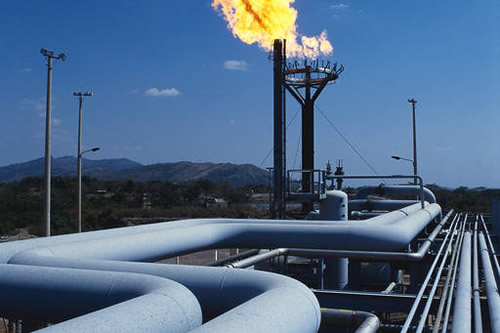The civil complaint, served on April 28, seeks a ruling that the November publication contains “false and misleading information,” a judicial order to withdraw the publication and cease all references to it under penalty of 2000 euros in fines per day, plus 1 symbolic euro in damages.
A first procedural hearing will take place on Sept. 7 at the Paris judicial court to set a calendar for arguments, though it will be several months before a judge begins to rule on the merits of the case.
Greenpeace and Factor X accused the oil major of having emitted about 1.64 billion tonnes of carbon dioxide equivalent in 2019 but only disclosing 455 million tonnes in public statements.
TotalEnergies countered that the report double-counted emissions by knowingly using dubious methodologies, which were morally prejudicial to the listed company.
“This is a question of principle, and a judgment from the court will not prevent Greenpeace from continuing to criticize us and our climate strategy if they wish, but will remind them that public debate on issues with such high stakes concerning a listed company require rigor and good faith,” a TotalEnergies spokesperson said.
The TotalEnergies spokesperson added that the company’s main goal was to have the court recognize the knowingly false nature of the report, since the Factor-X firm behind the math presents itself as an expert in the field of carbon emissions accounting.
Factor-X could not immediately be reached for comment.
Greenpeace said the lawsuit was an attempt to muzzle the NGO ahead of the May 26 TotalEnergies general assembly, where activist shareholders will push for stricter climate commitments and environmental groups have called to block entry in protest of the company’s global oil and gas projects.
“TotalEnergies wants to drag Greenpeace through a long legal process … erase our reports and prevent us from denouncing their misleading and climate-killing practices,” said Greenpeace France Director Jean-François Julliard. “We will continue to lift the veil on their responsibility in global warming.”





